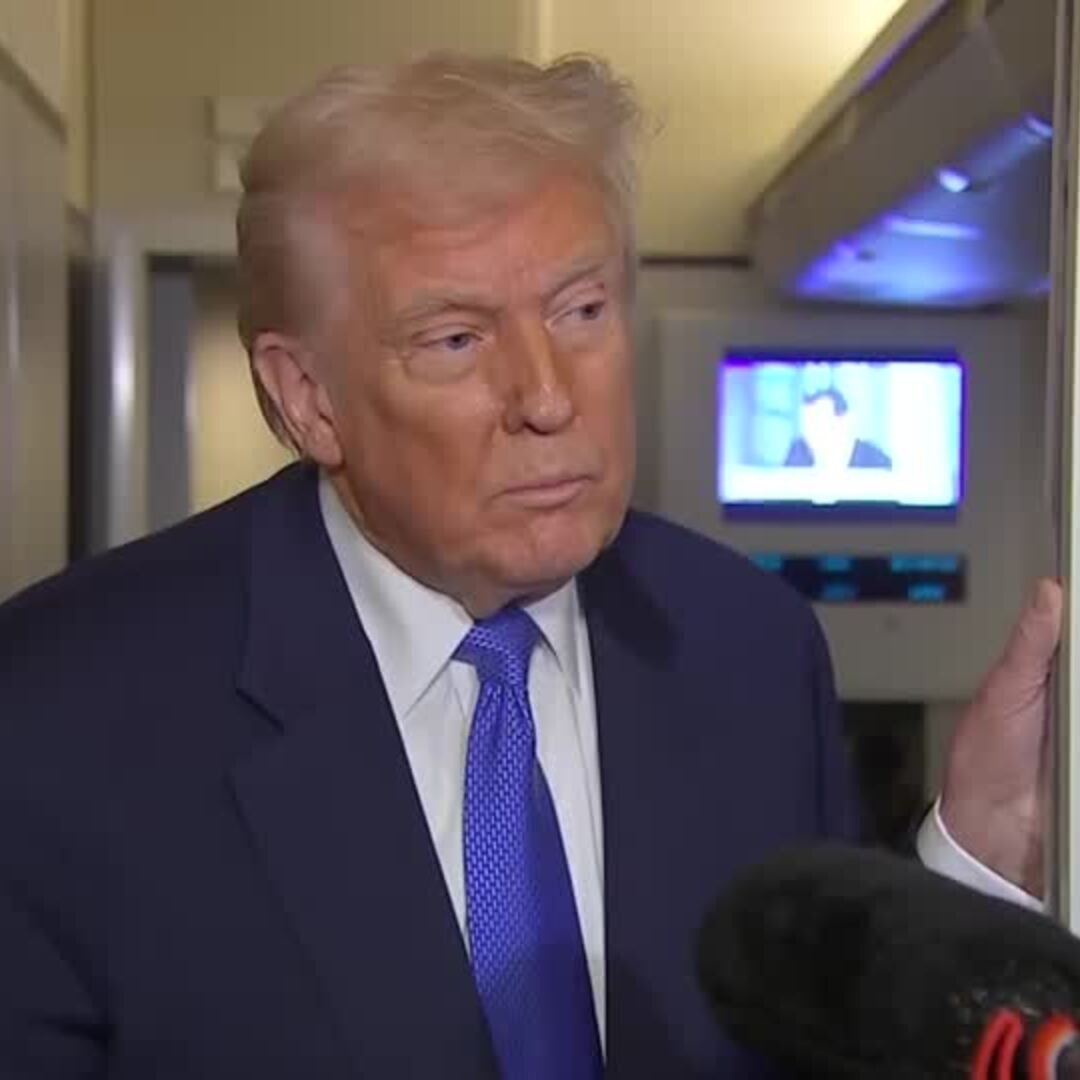Government Shutdown Averted: Senate-Passed Spending Bill Heads to Trump

Table of Contents
In a major relief to federal employees and the American public, a government shutdown has been averted as the Senate successfully passed a spending bill. The legislation now heads to former President Donald Trump for his signature, marking a crucial step in maintaining government operations and preventing disruptions across various federal agencies.
The Urgency Behind the Spending Bill
As the deadline for government funding approached, lawmakers scrambled to reach an agreement that would keep federal services running. Without a new budget or stopgap measure, the government risked shutting down, affecting everything from national parks and essential services to the salaries of government workers. A shutdown would have had severe economic consequences, potentially delaying tax refunds, halting key federal programs, and impacting millions of Americans who rely on government assistance.
With time running out, the Senate took swift action, passing a bipartisan spending bill that provides temporary funding to keep the government operational. The move comes after intense negotiations between lawmakers from both parties, who had to find common ground on critical budgetary issues.
What’s in the Spending Bill?
The newly approved spending bill is designed to fund the government for a set period, giving Congress more time to negotiate long-term budget solutions. Key aspects of the bill include:
- Funding for Federal Agencies: The bill ensures that government agencies, including defense, homeland security, and social services, continue to receive funding, preventing disruptions in essential operations.
- Support for Social Programs: Programs such as food assistance, housing support, and healthcare funding remain intact, ensuring that vulnerable populations are not left without aid.
- Disaster Relief Funding: Provisions for emergency relief and disaster response funding are included, offering support to states recovering from recent natural disasters.
- Bipartisan Agreements on Spending Levels: The bill reflects a compromise between Republican and Democratic lawmakers, balancing fiscal responsibility with the need to sustain government services.
While the spending bill addresses immediate funding concerns, it does not provide a permanent budget solution. Lawmakers will need to return to negotiations to finalize a comprehensive fiscal plan for the coming years.
Reactions from Lawmakers
The passage of the spending bill has drawn mixed reactions from lawmakers. Senate Majority Leader Mitch McConnell hailed the bipartisan effort, emphasizing that the bill prevents unnecessary disruptions to government services and the economy. “This measure ensures that essential services remain operational while giving us time to work out a long-term budget deal,” McConnell stated.
On the other hand, some conservative lawmakers expressed disappointment, arguing that the bill does not sufficiently address government spending cuts. Senator Rand Paul criticized the measure, stating, “While avoiding a shutdown is important, we must also focus on reducing wasteful spending and addressing our national debt.”
Democratic leaders, including Senate Minority Leader Chuck Schumer, praised the bill for maintaining funding for social programs and government operations. “This is a win for the American people,” Schumer said. “It keeps our government running and ensures that crucial services remain available.”
Trump’s Role in the Spending Bill
Now that the Senate has approved the bill, it heads to former President Donald Trump for his signature. While Trump has previously expressed frustration over spending bills that do not include his key policy priorities, including increased border security funding, it is expected that he will sign the measure to prevent a government shutdown.
In past instances, Trump has used spending negotiations as leverage to push for stricter immigration policies and infrastructure funding. However, with the risk of a shutdown looming, the administration has signaled its willingness to approve the temporary measure while continuing negotiations for future budgets.
What’s Next?
While this bill provides short-term relief, the broader budget debate is far from over. Lawmakers must return to the negotiating table to address long-term fiscal challenges, including the national debt, infrastructure spending, and social program funding.
For now, Americans can breathe a sigh of relief knowing that federal services will continue uninterrupted. However, the ongoing partisan battles over government spending indicate that future budget negotiations will remain a contentious issue in Washington.
As the nation watches closely, the next steps taken by lawmakers and the White House will determine the future stability of government funding and fiscal policy in the months ahead.
You can also try our vape product : raz official , RAZ LTX 25K ZERO NICOTINE , razzle dazzle raz flavor



